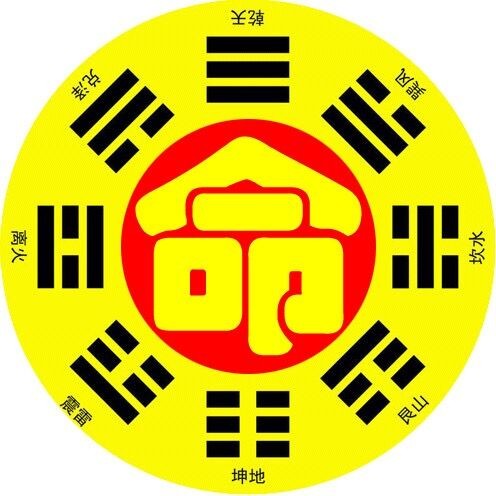Xuejiawan, a small village in northwestern China's Gansu province, used to be known as a hotbed of fortune-telling.
薛家湾,是一个位于中国西北部甘肃省的小村庄,曾因作为占卜文化的发祥地而被人所熟知。
Near provincial capital Lanzhou, Xuejiawan, with a population of 600, has a history of fortune-telling that dates back many generations. The people of Xuejiawan were often compared to gipsies. They spent months on the road and making their living through prophesy based on the I Ching (Book of Changes) and other mystical texts.
薛家湾在甘肃省会兰州市附近,这座约有600人口的村庄有着世代相传的占卜传统。薛家湾的村民与欧洲的吉普赛人一样,他们常年漂泊在外,通过研究易经和其它神学著作来替人算命谋生。
"People moved from place to place and had no land to grow crops in the village, so every spring, they would take their donkeys, dogs and children and hit the road," said Gao Jinjiang, a villager in his 50s. "They only came back for winter," he added.
该村一位名叫高锦江的五十多岁的村民表示:“这里的人们从一个地方搬到另一个地方,在村里没有耕地,所以每到春天,他们便拖家带口,牵着驴和狗上路,只有在冬天才会回到村里。”
After the founding of the People's Republic of China in 1949, villagers were allotted land and started to settle down.
在1949年新中国成立后,村民分到了土地,便纷纷开始定居下来。

"My grandfather was a famous mystic, and my father inherited his gifts," said Gao, who only tells fortunes part-time, though he is still among the most popular in the village, mostly due to his family background. He gets invitations from customers from Beijing and Shanghai. On a recent trip he save a couple from breaking up.
“我的爷爷是一位远近闻名的算命先生,父亲从我爷爷那里继承了这门技能。”高锦江对记者说到,他目前虽然只是利用业余时间为人算命,但由于家族背景的原因,所以在村里仍旧十分出名,并且经常受到来自北京、上海等地的邀请,最近他刚刚挽回了一对夫妻的婚姻。
"I used the I Ching to determine their fortune, leading them to believe in unity and harmony," he said.
他说:“我运用易经里的理论来预知他们的命运,让他们信奉相合相爱的哲学。”
Fortune telling is by no means a stable source of income. "Sometimes I earn thousands of yuan from a happy customer, but occasionally, I have to pay for my own trip and earn nothing at all," he said.
然而,算命并不是一项稳定的收入来源,高锦江说:“有的时候客人高兴了会支付我上千元,而有时又一无所获,甚至要自己掏路费。”
Gao now spends most of his time growing garlic and cabbages, earning 20,000 yuan a year.
高锦江目前主要靠种植大蒜和卷心菜为生,每年有两万元的收入。
Now, only a few dozen elderly people have knowledge of the I Ching, and far fewer actually practice the craft. Young people have distanced themselves from complexities of the I Ching and found jobs outside the village.
如今,除了少数的老人对于易经还有所研究之外,越来越少的人以此为生,年轻人更是抛弃了高深莫测的易经,离开村庄去城市里工作。
Gao's son and daughter live in Lanzhou. His son works at an IT firm. "Fortune-telling? " Gao shook his head. "Young people are not interested at all."
高锦江的儿女如今都住在兰州,他的儿子在一家IT公司工作,当被问到“儿子会算命么?”时,高锦江摇着头说:“年轻人对这一套没有兴趣。”













